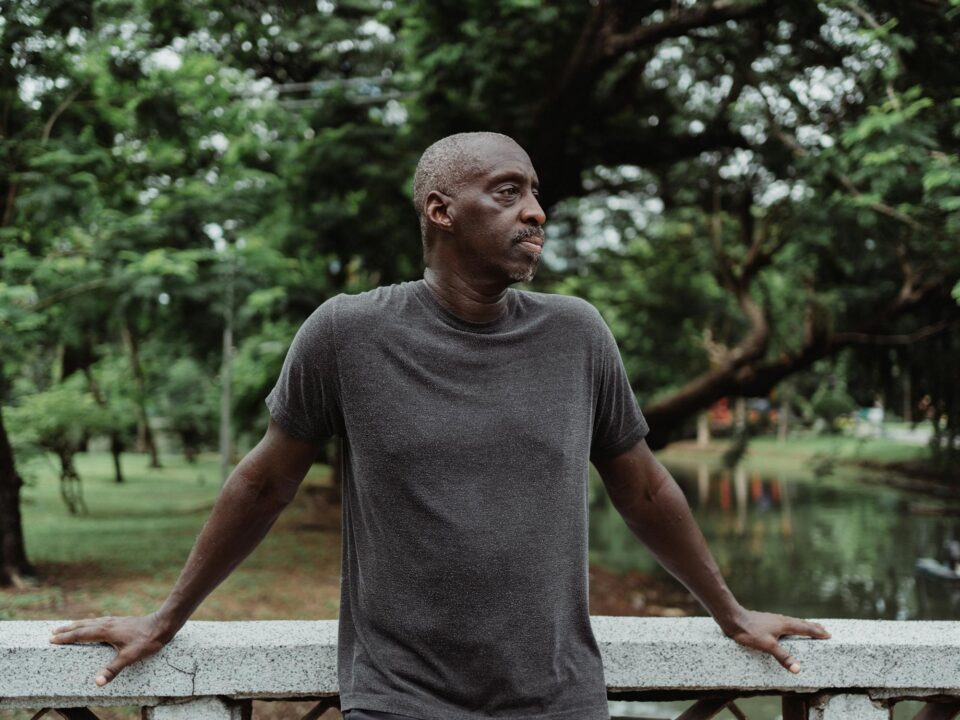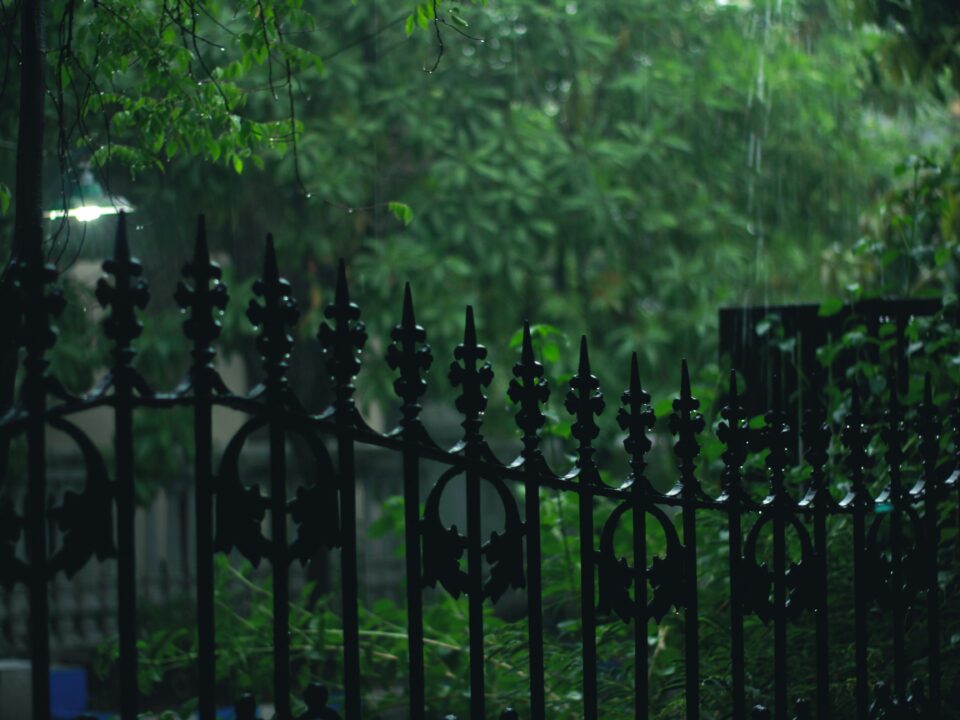In the midst of a global pandemic that continues to wreak havoc on the world, the Easter weekend reminds us of a grander story. As my wife Dalia and I prayed last night, the grandeur of this story captivated my mind and imagination. My spirit leaped. My breathing quickened. And, I found myself squeezing Dalia’s hand just a little tighter as I glimpsed a different perspective on the Easter story.
At the end of 2019, it was clear in my spirit that the 2020 theme for Eusebeia was to be “war”. But, of course, I had no idea what was coming a few months beyond the horizon with COVID-19. But, God knew.
God has been working within me to better grasp what it means to engage in spiritual warfare beyond just giving it lip service. What does it really mean in the spiritual realm to refuse carnal weapons? As Christ-followers, we always talk about “spiritual warfare”. But, I fear that I keep bringing “a knife to a gunfight”. Am I really prepared for the fight?
The Bible describes in 1 Samuel (chapter 17) an amazing irony. The Israelite army occupies one hill and the Philistines occupied the other hill with a valley in between them. Scripture proceeds to tell us that King Saul and the Israelite army drew a battle line to war with the Philistines (verse 2). What does it mean to draw the battle line? It means that you are ready to start fighting. It means that the main points of the conflict are clear and everyone knows which side of the line they are on. Yet, upon hearing Goliath’s ultimatum the entire Israelite army was “dismayed and terrified” (verse 11). The irony is this. The Israelites had drawn a battle line but they were not really ready for the fight.
The lesson is simple. Anyone can draw a battle line. But, not everyone is prepared to fight.
As I gripped Dalia’s hand in prayer on Good Friday evening, I thanked God for sacrificing his Son Jesus so that not only priests but anyone could approach the Holy of Holies and be cleansed (Forgiveness).
I thanked God for how the death of His son opens us an existential recruitment office in which anyone can be converted from fighting for the forces of darkness to fighting for the forces of the light (Redemption).
I found myself thanking God for how the resurrection of his son unequivocally guarantees that we believers win the fight for eternal security (Salvation).
And, I thank God for the grand plan in which Jesus had to physically leave our world so that he, as the Holy Spirit, could be embodied within each of us (Pneumatology) for one purpose—that is Eusebeia (godly reverence).
See, I’m writing to you today about the War Story. This is a story about two armies. But, it isn’t about Christ’s army versus Satan’s army as so many think. Christ’s death and resurrection already won that war. That outcome is settled. That’s why the Apostle Paul could say in 1 Corinthians 15:55-57, “O death, where is your sting? O grave, where is your victory?” No, our war story is cast in the dispensation of the Holy Spirit. As depicted in the 1 Samuel passage earlier, there are still two armies occupying two hills with a valley between them.
The Adversary knows he lost the war with God more than two thousand years ago. But, today, he still wars with you and me. He hasn’t given up that fight.
The Adversary tries to paint a complex picture of our warfare that leaves us befuddled as to who is with us and who is against us. But, let’s be clear, there are only two armies. Scripture starkly illuminates the dichotomy in Romans 8:5 as those who live according to the spirit versus those who live according to the flesh.
On one hill stand those who live according to the spirit—defined by their chosen obedience to the Holy Spirit’s prompting. On the other hill stand those who live according to the flesh in that they fail to listen or submit to the Holy Spirit’s guidance. We make the choice every single day, every single minute as to which hill we choose. For us Christ followers, we have a responsibility to keep choosing the right hill.
When you make your absolute best effort to treat your spouse like Christ treats the Church, you choose the right hill. When you give to your neighbor, you choose the right hill. When you refuse to submit to addictive substances and behaviors, you choose the right hill. When you train your child to use their God-given talents to glorify him, you choose the right hill. When you prioritize spiritual over material things, you choose the right hill. When you commit to what Pastor Craig Groeschel calls ‘Dangerous Prayers’ in his book by the same name, you choose the right hill.
Conversely, any time you fail to choose the right hill, you align yourself (at least for a time) with the dark forces that permeate the other hill. When we disobey the Holy Spirit within us, we are choosing darkness over light. I love the words of my friend and fellow Eusebeian, Dr. Crawford Clark, “You can be in the Church but not in the battle” or as I may add “not on the right hill for battle”. This is the somber reality of the war we fight.
I recently had the opportunity to meet an inspiring pastor from Nashville, Tennessee, Pastor Alvin Parker, who so poignantly captures this war story as a “war for the soul” that hinges on the psychological warfare admonished in 2 Corinthians 10:5 where as Christians we embrace spiritual weapons to bring every thought into captivity and to demolish arguments and pretense. All of this is necessary to walk in complete obedience to Christ.
Here in the midst of a global pandemic of epic proportion that has many awash in uncertainty, I am rejoicing because Christ’s ultimate sacrifice on a hill called Calvary empowers me each day to choose the right hill too. Christ’s victory over death on Resurrection Sunday assures me that even when I err and choose the wrong hill for a time that I will never exhaust His love or his grace.
As for me and my house, we see the battle line and we choose to live and die on the right hill.
I pray that this beautiful war story encourages and empowers you this Easter season and beyond to make that same choice.




